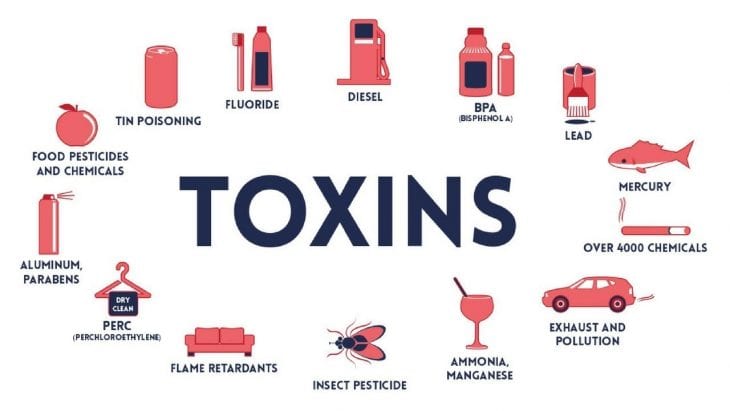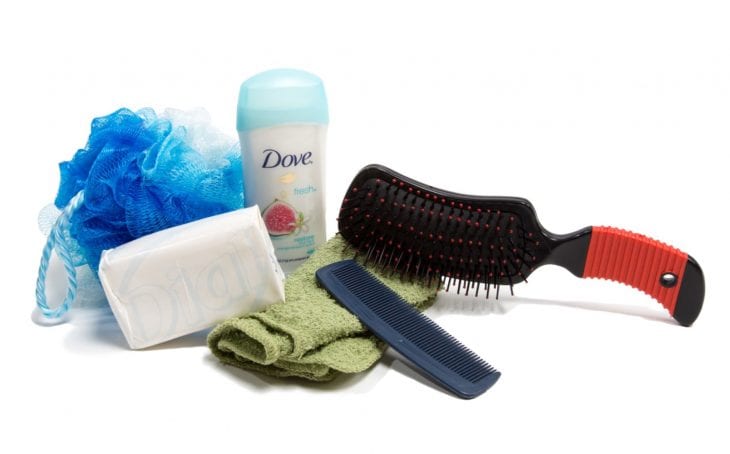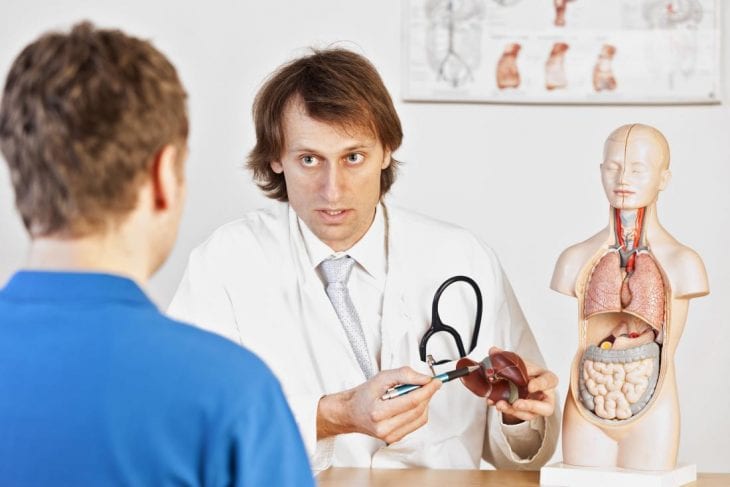Managing a chronic liver disease, especially on a day-to-day basis can be a challenging prospect. To handle liver disease symptoms, one requires resilience and a supportive environment, along with an understanding of the condition itself. The liver disease symptoms can vary and are often dependant on the severity of the damage caused to the liver. The symptoms can fluctuate from week to week, as you might feel extremely bad one day and better the next. If you have been diagnosed with chronic liver disease, here are a few things that you need to do:
Contents
Eat a Balanced Diet

Img source: sheppardmethodpilates.com
If you have been diagnosed with chronic liver disease, it is best if you avoid high-calorie meals, saturated fat, and refined carbohydrates, like white bread, white rice, and pasta. Also, avoid eating raw or undercooked shellfish. And to ensure that you eat a well-adjusted, balanced diet, eat lots of fibers which can be obtained from fresh fruits, whole grain bread, vegetables, rice, and cereals. You can also eat meat – although you should limit the amount of red meat – along with dairy products like low-fat milk and small amounts of cheese, and good fats like monounsaturated and polyunsaturated fat. Another important thing is to stay hydrated; so, drink a lot of water.
Exercise Regularly
When you exercise regularly and consistently, it helps burn the triglycerides, while also helping reduce liver fat.
Avoid toxins

Img source: youtube.com
Toxins can injure your liver, so it is advisable that you avoid contact with toxins from cleansing and aerosol products like insecticides and additives. If you do use aerosols, ensure that the room is well ventilated and that you wear a mask. Also, it is a good idea to avoid smoking.
Drink Alcohol Responsibly
Alcoholic beverages can lead to many health problems, especially if you have been diagnosed with chronic liver disease. Alcohol, just like toxins, can damage or destroy liver cells and scar your liver. All this will aggravate the liver disease symptoms. It would be better to ask your doctor what amount of alcohol is safe for you during your liver disease treatment. The doctor may advise you to drink alcohol in moderation or to avoid it completely.
Avoid Illicit Remedies
Avoid all types of illicit remedies and contaminated needles as well. Dirty needles are not only associated with intravenous medicine use, but you will also need to follow up with your doctor and get tested for any type of skin penetration involving sharp instruments or needles. Also, use clean needles for tattoos and body piercings. If you are exposed to blood, you should get medical care.

Img source: fsbcg.net
Don’t share your personal hygiene items, like razors, toothbrushes, and nail clippers. This is due to the fact that these items can carry microscopic levels of blood and other body fluids, which can be contaminated.
Wash Your Hands
Remember to use soap and water immediately after you changed a diaper, used the bathroom, and before and after preparing and eating food.
Follow Directions on Medication
Never mix the medicines given for liver disease treatment with alcohol or other medications; even if they are not to be taken at the same time. Inform your doctor about any over-the-counter medicines, supplements, or natural remedies that you are using.
Seek Support

Img source: medicalnewstoday.com
While talking with friends and family is helpful, it is sometimes better to talk with people who are not a part of your everyday life. You can look for organizations that offer support and advice on managing liver disease.
There are many causes of liver disease, such as infections, immune system abnormalities, and genetic issues. Whatever the cause be, by following the above-mentioned tips, you can avoid aggravating the liver disease symptoms.
